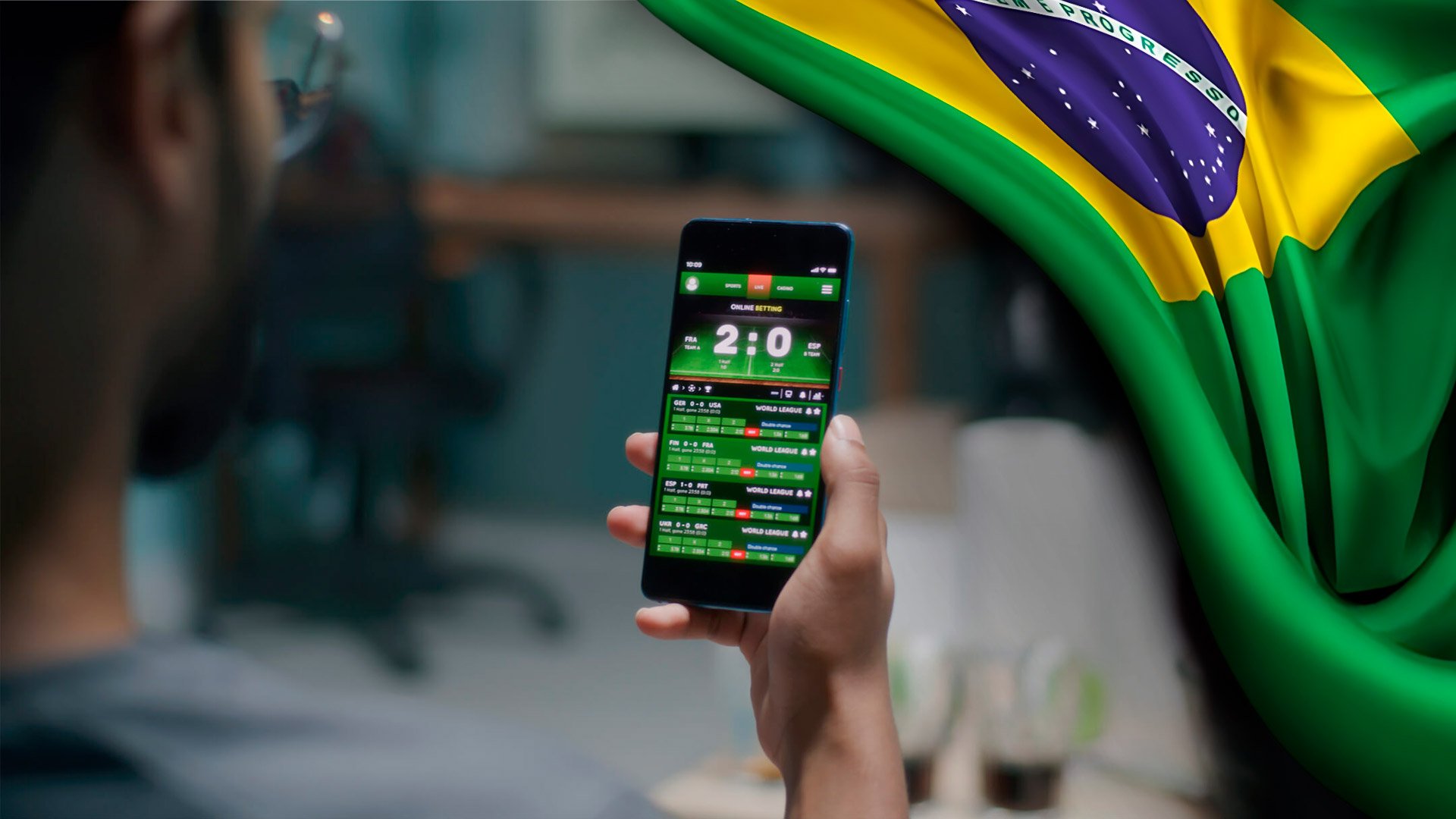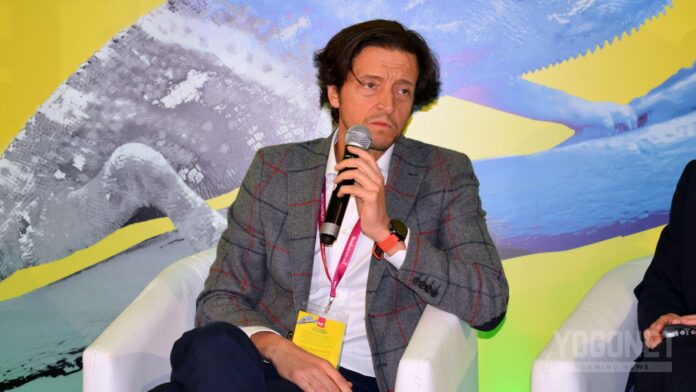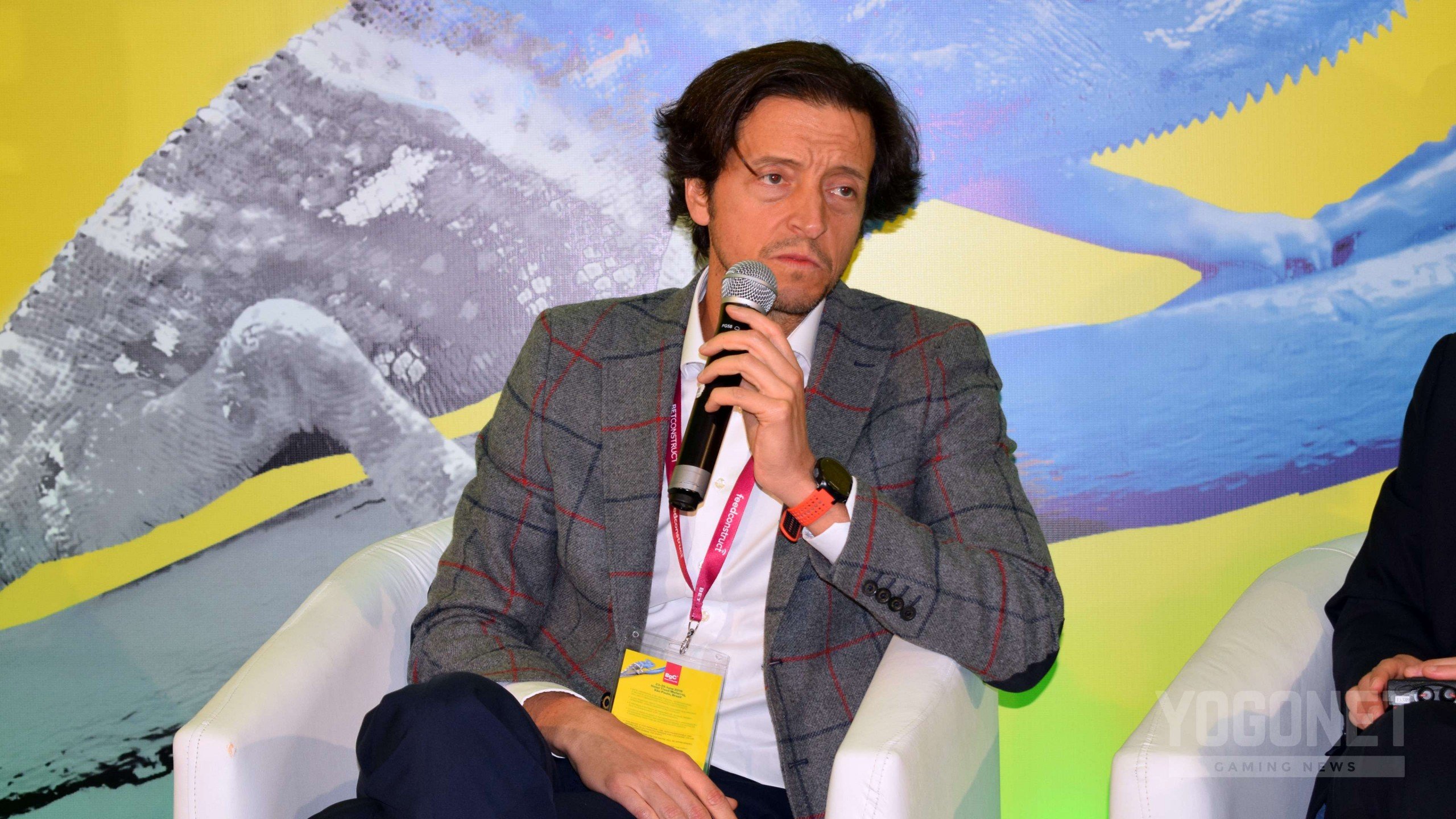The Brazilian Institute of Responsible Gaming (IBJR) released a new statement in which it points out some criticisms of the Provisional Measure (MP) signed by the federal government to legalize sports betting. Released on Monday, July 31, the statement argues that the Brazilian tax burden will be at least 350% higher than the one experienced by the sector in England, one of the countries with the highest taxation.
In an exclusive interview with Yogonet, the President of IBJR, André Gelfi, commented: “Regarding taxation, the market expected a charge of less than 18% applied to companies on Gross Gaming Revenues (GGR), revenues obtained from all games played. With the application of the approved rate, companies will have to pay more than 30%, when calculating the total tax burden, based on the incidence of Brazilian taxes such as PIS, COFINS, and ISS.”
André Gelfi
“Therefore, the actual imposition would place Brazil among the highest tax burdens in the segment. Among the points present in the provisional measure, it is necessary to analyze the taxation from its complexity and what will be the effects on the sports betting market,” he added.
The IBJR summarizes three points about the differences between the Brazilian and English regulations. Firstly, regarding the aforementioned tax on GGRs, the entity’s report indicates that, although the charges are similar, the Brazilian one ends up being 20% higher than the English one. This is due to the fact that they are two completely different systems, with companies in the English model being able to operate outside the country, something that is not contemplated in Brazil.
In other words, 15% of the GGR in England represents the total revenue the country earns from normal sports betting operations. In the Brazilian model, companies must establish a legal entity in the country and offer services in the national territory, which means that operators will also be subject to the different Brazilian corporate income taxes, depending on the municipalities.
Regarding the license fee, in the UK an annual license to operate online gambling is $205,460 for a company with a GGR of up to $28,084,413. The proposed rate in Brazil is expected to be a cash payment of a staggering BRL 30 million ($6,334,830). “A simple calculation shows that this is more than six times the cost for a Brazilian license,” the IBJR statement emphasizes.

Additionally, the inspection fee in Brazil will be BRL 2 million per month ($422,322), or 23 million per year ($4,856,703). However, there is no such tax in the UK. “Making a fair comparison, while the UK taxes 15% of the GGR, Brazil sets the tax between 45% and 73%, depending on the volume of the operation,” the report states.
The difference, according to IBJR, is even less severe with the English system, since having a market already established for years, it can afford a high tax rate. “When the government keeps more than 30% of the GGR, it triggers a series of unintended consequences. Thus, the tendency is that only a few global companies, accustomed to operating with small margins in competitive markets, choose to try the Brazilian market,” the entity details.
High taxes will eventually lead to the development of unlicensed sites, according to the Institute. Thus, with a parallel market, the government may “lose control over sports integrity and money laundering.”
As for the course to be followed, Gelfi pointed out that the Provisional Measure has still to pass through the National Congress, where it has 120 days to be analyzed. And he added from his role at the Institute: “The IBJR is open to dialogue and exchange of information with the Federal Government, the National Congress, companies in the sector, the media, soccer clubs and others involved in this industry.”
“Just as the publication of the Brazilian Advertising Self-Regulation Code, created by the IBJR, served as a support text for the National Advertising Self-Regulation Council (Conar), the Institute will continue to be present and active in this decisive period for the future of the sector and of Brazilian gamblers,” he concluded.















